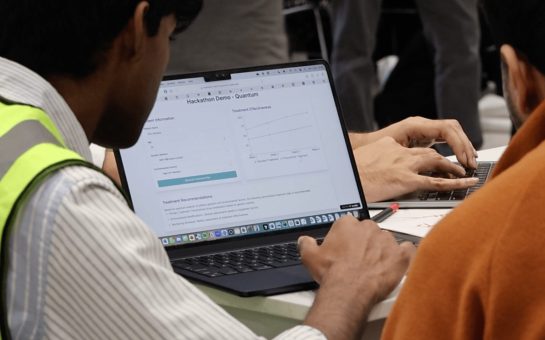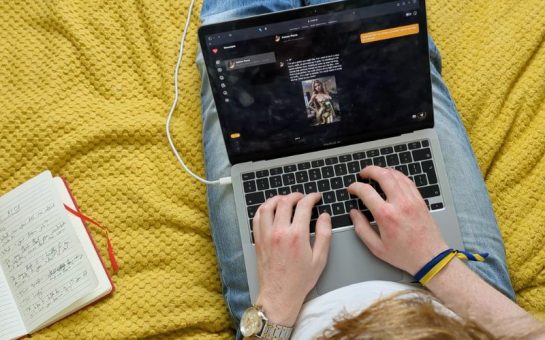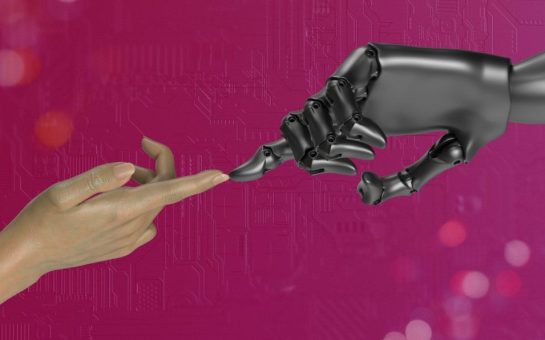The artificial intelligence used in recruitment tools could be posing a risk to workplace equality by leaving disabled people out of the running.
Since the start of the Covid-19 pandemic, with traditional face-to-face interviews on hold, hiring managers have had to re-consider how to efficiently assess candidates.
The solution for many companies is asynchronous video interviews, or AVIs, in which candidates record themselves answering a predetermined set of questions with no human interviewer present.
Although restrictions have now been lifted, many recruiters are still choosing to use the format to sort through stacks of applications.
Last year, 81% of hiring managers and recruiters surveyed by LinkedIn agreed that virtual recruiting will continue post-Covid and 70% of those surveyed say that virtual recruiting will become the new standard.
In most cases, these recordings are assessed using artificial intelligence software.
One of these companies is HireVue, which is used by 100 high-profile companies such as Unilever, Goldman Sachs and PwC, uses AI-powered software to analyse the language used in video recorded by candidates.
However, the data used to train AI-based hiring tools such as HireVue can leave marginalised groups like disabled people out of the running and SWL looked into the issue.
Read the full story here.




